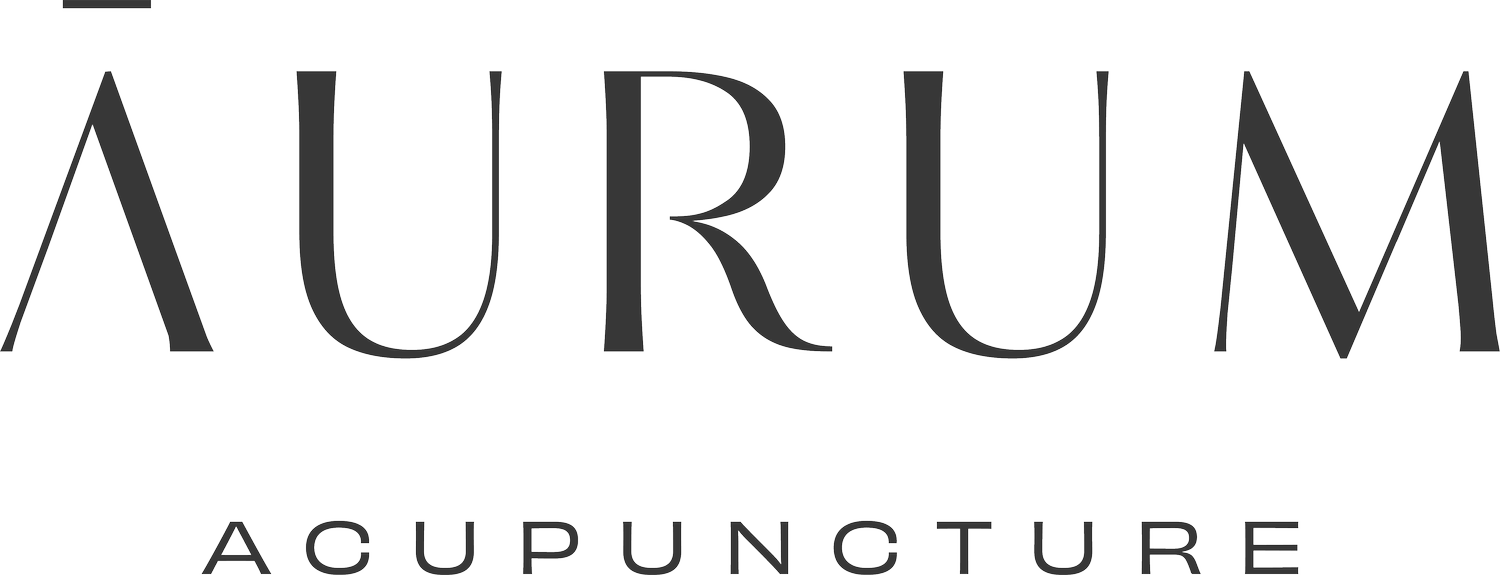When I meet my patients, it is often when they have exhausted all other options for their condition. Acupuncture and Eastern Medicine are typically considered last-resort treatments for ailments such as chronic pain, stress, and digestive disorders. As a result, I frequently hear stories from patients who have "tried everything," including medical procedures and medications such as pain relievers, IBS medications, and biologics. By the time they reach my clinic, they are often frustrated and looking for an alternative solution—one that may offer relief where conventional treatments have failed.
A common misconception is that holistic providers, including practitioners of Eastern Medicine, are opposed to Western medical interventions. This could not be further from the truth. In fact, this misunderstanding may prevent people from seeking treatments that could significantly improve their health, especially if Eastern Medicine had been integrated earlier in their care plan.
While I do not claim to be an expert in every facet of both Eastern and Western medicine, I have observed firsthand that when these approaches are used together, patient outcomes improve significantly. Allopathic medicine (commonly referred to as Western medicine) plays a crucial role in emergency care and in managing acute symptoms effectively. It excels in situations requiring immediate intervention, such as trauma, infections, and pain relief. However, when it comes to long-term health management, a more holistic approach may provide additional benefits.
Research supports the integration of Eastern and Western medicine. For example, a study published in The Journal of Pain (2018) found that acupuncture significantly reduces chronic pain conditions, including osteoarthritis and lower back pain, when used alongside conventional medical treatments. Additionally, a meta-analysis in JAMA Internal Medicine(2017) reported that acupuncture is effective in reducing the frequency and severity of migraines, providing an alternative or complementary option for patients relying on pharmaceutical treatments.
Furthermore, Traditional Chinese Medicine (TCM) emphasizes treating the root cause of illness rather than just the symptoms. This contrasts with many Western interventions, which often focus on symptom management rather than long-term healing. A study in Integrative Cancer Therapies (2019) highlighted that cancer patients who received acupuncture and herbal medicine alongside chemotherapy experienced fewer side effects and improved quality of life compared to those who only received standard chemotherapy treatments.
It is important to acknowledge that Western medicine has made remarkable advancements in life-saving procedures and pharmaceutical innovations. However, integrating Eastern Medicine into patient care may reduce dependence on medications, minimize side effects, and support the body's natural healing processes. The key is balance—leveraging the strengths of both approaches to optimize patient health and well-being.
Ultimately, my goal as a practitioner of Eastern Medicine is not to replace Western medical interventions but to complement them. A collaborative approach that respects the strengths of both systems has the potential to improve patient outcomes, enhance quality of life, and create a more comprehensive and effective healthcare experience!





